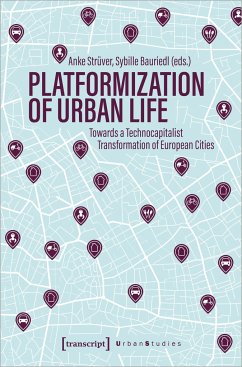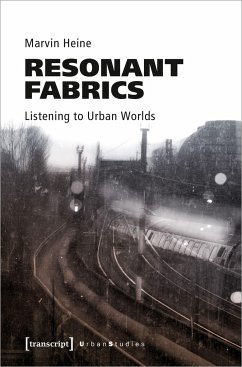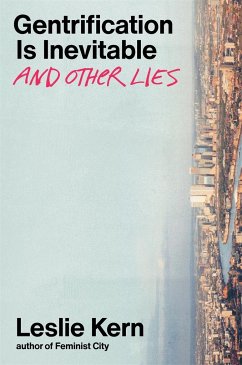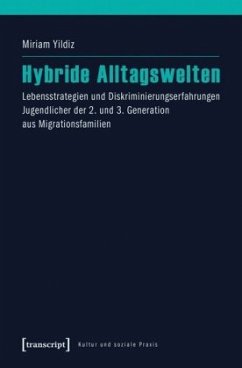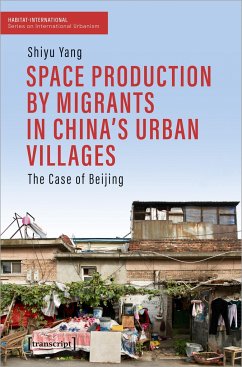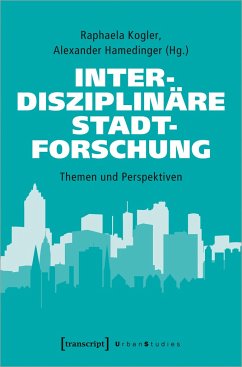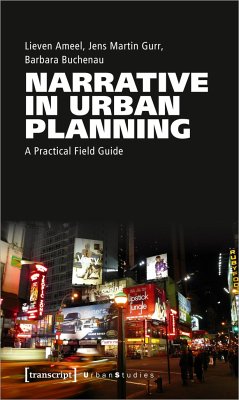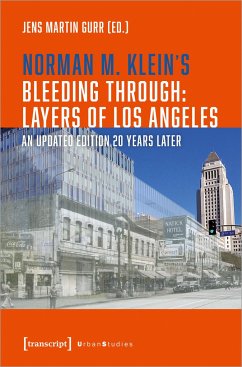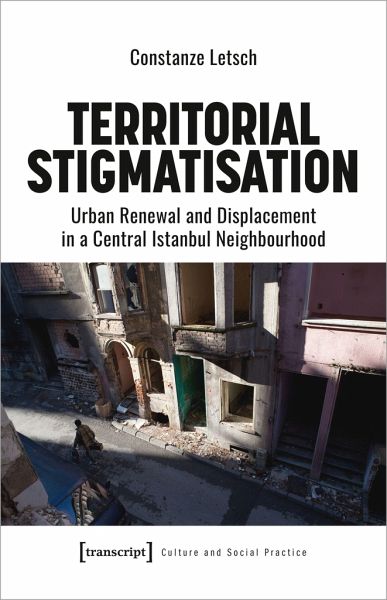
Territorial Stigmatisation
Urban Renewal and Displacement in a Central Istanbul Neighbourhood

PAYBACK Punkte
17 °P sammeln!
In Tarlabasi, an Istanbul neighbourhood facing massive redevelopment and displacement, marginalised residents speak about belonging, stigma, and what their community means to them. Based on a long-term ethnographic study that includes interviews, photographs, and archival research, Constanze Letsch examines how territorial stigmatisation is weaponised by the state and how differently stigmatised groups try to fight against the vilification of their neighbourhood. The contested plans of urban renewal threaten not only their homes and workplaces but a rapidly vanishing Istanbul: socio-demographi...
In Tarlabasi, an Istanbul neighbourhood facing massive redevelopment and displacement, marginalised residents speak about belonging, stigma, and what their community means to them. Based on a long-term ethnographic study that includes interviews, photographs, and archival research, Constanze Letsch examines how territorial stigmatisation is weaponised by the state and how differently stigmatised groups try to fight against the vilification of their neighbourhood. The contested plans of urban renewal threaten not only their homes and workplaces but a rapidly vanishing Istanbul: socio-demographic interdependencies and networks that have developed over decades.
Dieser Artikel kann nur an eine deutsche Lieferadresse ausgeliefert werden.




